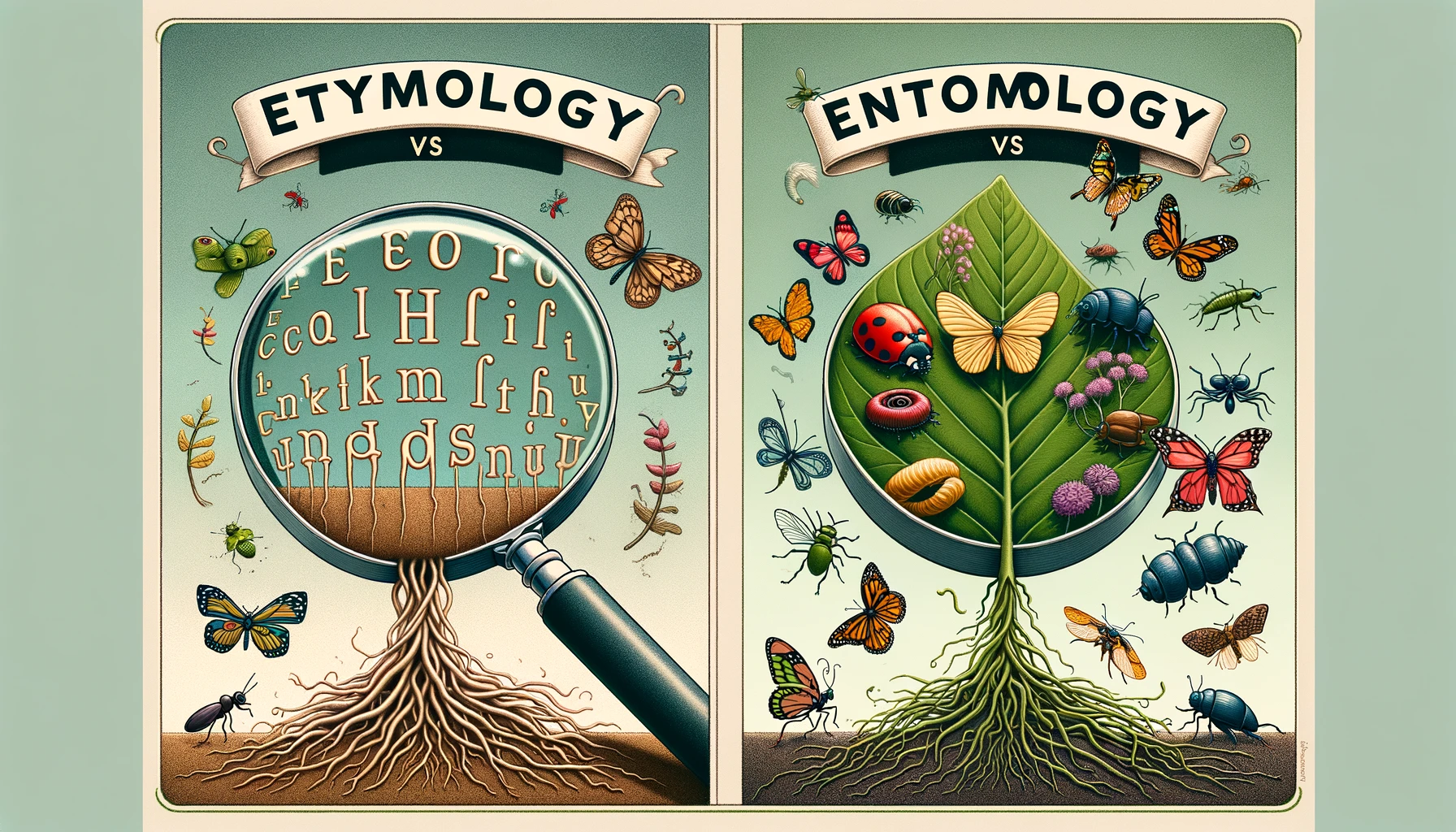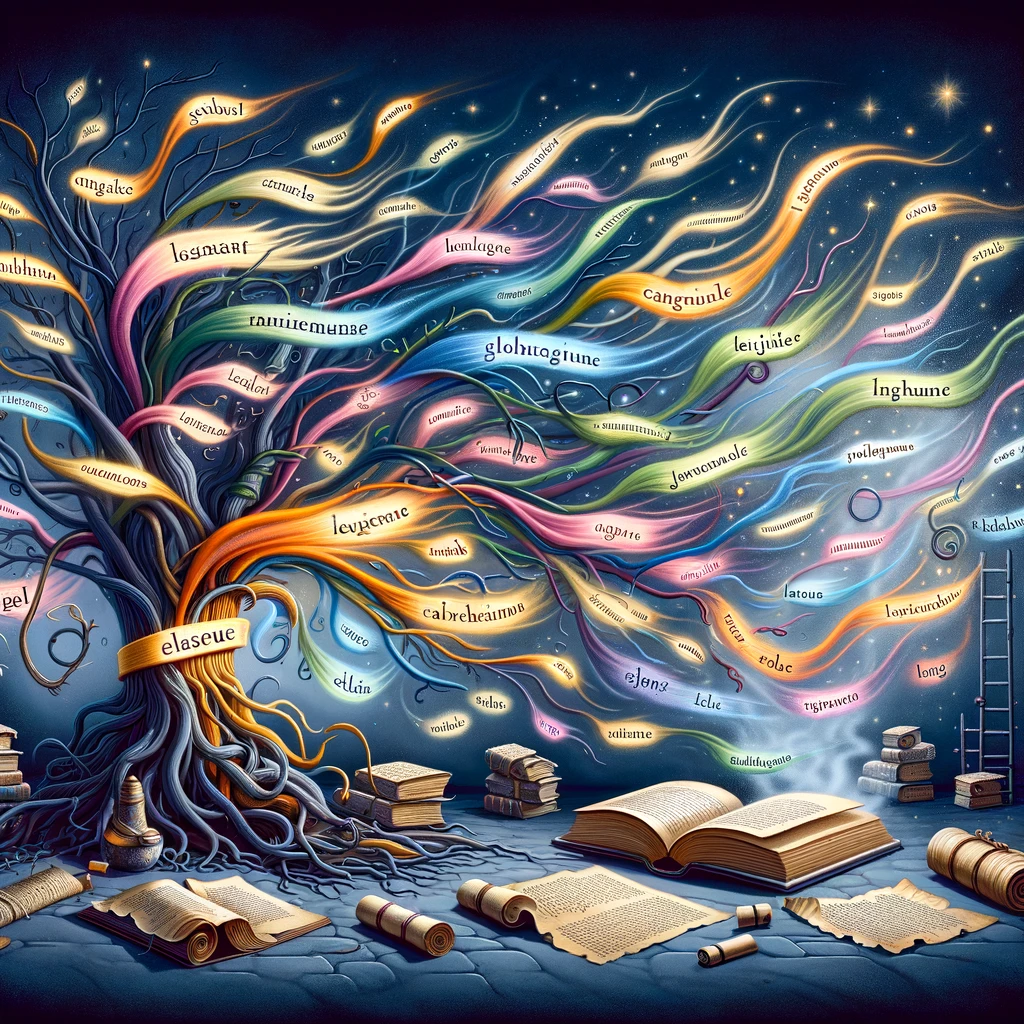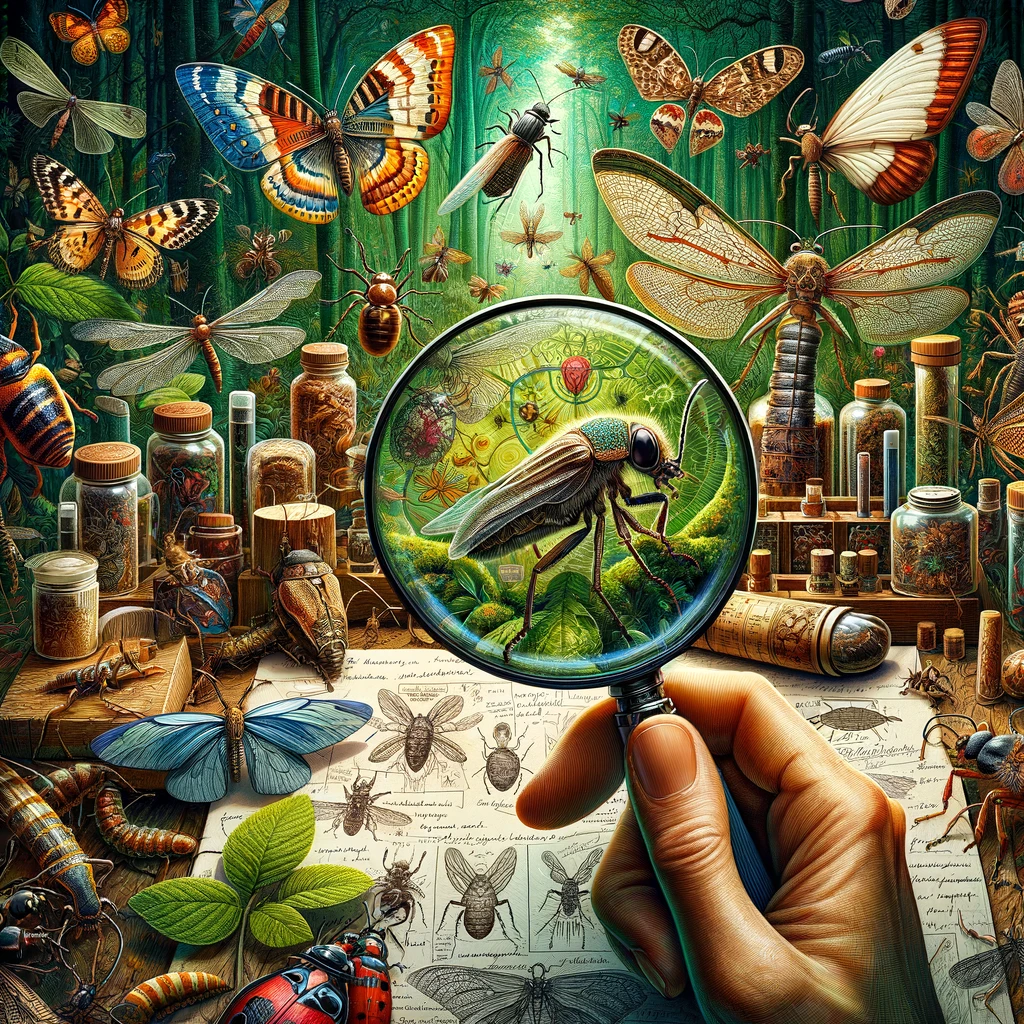
Etymology vs entomology
The editing experts at Editly have become masters of commonly confused words over the course of their careers as editors, proofreaders, and rewriters. In Editly Etymology, they tap into their own experience to offer a closer look into the horrifying beauty of the English language. This installment investigates the very heart of the beast itself: entomology vs etymology.
Etymology Definition
Etymology is the study of word origins and the evolution of these words over time.
Entomology Definition
Entomology is the study of insects.
Did you catch that?
Etymology = words

Entomology = bugs

Etymology Root
Late Middle English: from Old French via Latin, from Greek.
Entomology Root
Mid-18th century: from French or modern Latin, from Greek.
Who is to Blame for this Confusion?
Pass the Windex because both etymology and entomology are proving Gus Portokalos correct: “Give me a word, any word, and I show you that the root of that word is Greek.”
AI Text on Etymology
Etymologists explore various aspects of words including:
- Word Origins: Identifying the original form and meaning of a word. This can involve tracing a word back to its roots in older languages, such as Latin, Greek, Sanskrit, or beyond.
- Word Evolution: Understanding how the form and meaning of a word have changed over time. Words often undergo morphological, phonetic, and semantic shifts as they are adopted into different languages or as the language evolves.
- Loanwords: Examining how words from one language are adopted into another. This includes understanding the reasons for adoption and the changes the word undergoes in the process.
- Historical and Cultural Context: Analyzing how historical events, cultural exchange, and societal changes influence the evolution of words and language.
(125 total words)
Humanization of AI Text on Etymology
Etymologists explore the following:
- Word Origins: Identifying a word’s original form and meaning, perhaps by tracing its roots back to older languages, such as Latin, Greek, and Sanskrit.
- Word Evolution: Investigating the ways in which the form and meaning of a word have changed over time. A word often undergo morphological, phonetic, and semantic shifts via language evolution or adoption into different languages.
- Loanwords: Examining how a word from one language is adopted into another, including its reasons for and changes during adoption.
- Historical and Cultural Context: Analyzing how historical events, cultural exchange, and societal changes have influenced the evolution of a word.
(107 total words)
Effect of Humanizing AI Text
In the case of etymology, the human touch has made the AI text more varied and reduced the word count by more than 14%, while not losing any of the text’s original meaning.
AI Text on Entomology
Entomologists, the scientists who specialize in entomology, engage in a wide range of research and applied work, including:
- Taxonomy and Systematics: The classification of insects and determination of their evolutionary relationships. This foundational aspect of entomology helps organize our knowledge of insect diversity.
- Morphology and Physiology: Studying the form and structure of insects, as well as their physiological processes. This includes understanding how insects move, feed, reproduce, and interact with their environment.
- Behavior and Ecology: Investigating the behavior of insects and their roles within ecosystems. This includes studying insect interactions with plants and other animals, their patterns of migration, and their responses to environmental changes.
- Pest Management: Developing methods to control insect pests that affect agriculture, forestry, and human health. This includes researching insecticides, biological control agents, and integrated pest management strategies to reduce the impact of pests while minimizing harm to the environment and non-target species.
- Conservation: Studying the conservation of insect biodiversity, including the threats faced by endangered species and the role of insects in ecosystem functioning.
- Medical and Veterinary Entomology: The study of insects that impact human and animal health, focusing on the control of those that spread diseases.
(198 total words)
Humanization of AI Text on Entomology
Specialists in entomology, entomologists engage in a wide range of research and applied work that includes:
- Taxonomy and Systematics: Classifying insects and determining their evolutionary relationships helps to organize our knowledge of insect diversity.
- Morphology and Physiology: Studying the form and structure of insects, as well as their physiological processes, involves understanding how insects move, feed, reproduce, and interact with their environment.
- Behavior and Ecology: Investigating the behavior of insects and their roles within ecosystems, including their interactions with plants and other animals, migration patterns, and responses to environmental changes.
- Pest Management: Developing methods to reduce the harm of pests that affect agriculture, forestry, and human health, while minimizing environmental harm. This field encompasses research into insecticides, biological control agents, and integrated pest management strategies.
- Conservation: Studying the conservation of insect biodiversity, including threats to endangered species and insects’ roles in ecosystems.
- Medical and Veterinary Entomology: The study primarily of insects that negatively impact human and animal health through the spread of disease.
(169 total words)
Effect of AI Humanization
As for etymology, the human touch has made the AI text more readable and reduced the word count by more than 14%, while not losing any of the text’s original meaning.
Whether it’s for etymology or entomology, the best AI humanizer does, in fact, turn out to be a human. So, if you need any help to humanize your AI text, don’t wait to get started on Editly.


Paul S.
Online editing, proofreading, and rewriting for both human and AI text. Specialties include admissions essays, academics, business, blogs, and ChatGPT to human text. Chief editor at Editly AI.